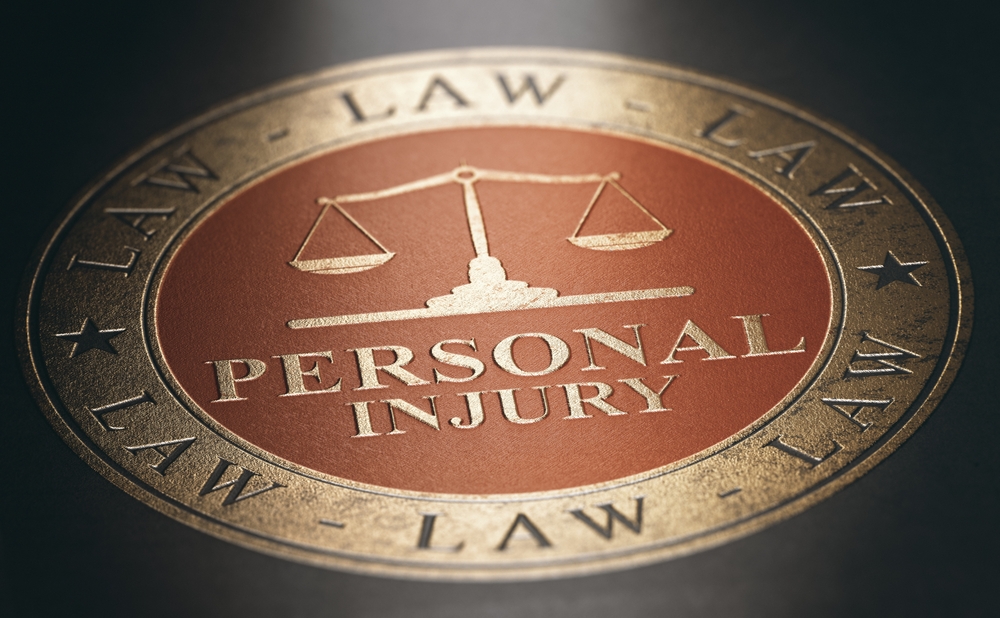Dealing with a personal injury judgment is challenging, whether you’re the injured person or the one facing the judgment. If you’re injured, you count on that money judgment to cover large medical bills, lost wages, and pain. If you’re the one who owes the judgment, it may feel overwhelming and might make you think about filing bankruptcy.
Bankruptcy filings by either a defendant or a plaintiff can significantly impact the outcome of personal injury lawsuits. The intersection of bankruptcy and personal injury claims involves complexities such as the dischargeability of judgments and the necessary legal steps when one party files for bankruptcy while the other pursues a personal injury claim.
This leads many to ask: are personal injury judgment dischargeable through bankruptcy? Knowing how bankruptcy law—especially the U.S. Bankruptcy Code—handles these judgments is crucial. Mistakes can bring serious financial consequences, so it’s important to get it right.
Because the rules depend on the details of each injury case, talking with lawyers who understand both personal injury and bankruptcy law is often your best move. You need to know if bankruptcy offers a fresh start or if the personal injury judgment will stay with you. Let’s explore whether are personal injury judgment dischargeable.
Understanding Personal Injury Judgments
Before diving into bankruptcy specifics, let’s define a personal injury judgment. It’s a court’s final decision in a lawsuit where someone was harmed because of another person’s actions or negligence. This often follows a detailed personal injury case.
What Is a Personal Injury Judgment?
A personal injury judgment is a legal order resulting from civil lawsuits where someone was harmed because of another person’s actions or negligence. These judgments often come after a personal injury lawsuit goes to trial and the court decides in favor of the plaintiff. Sometimes they come from a personal injury settlement agreement that gets court approval and becomes an official order.
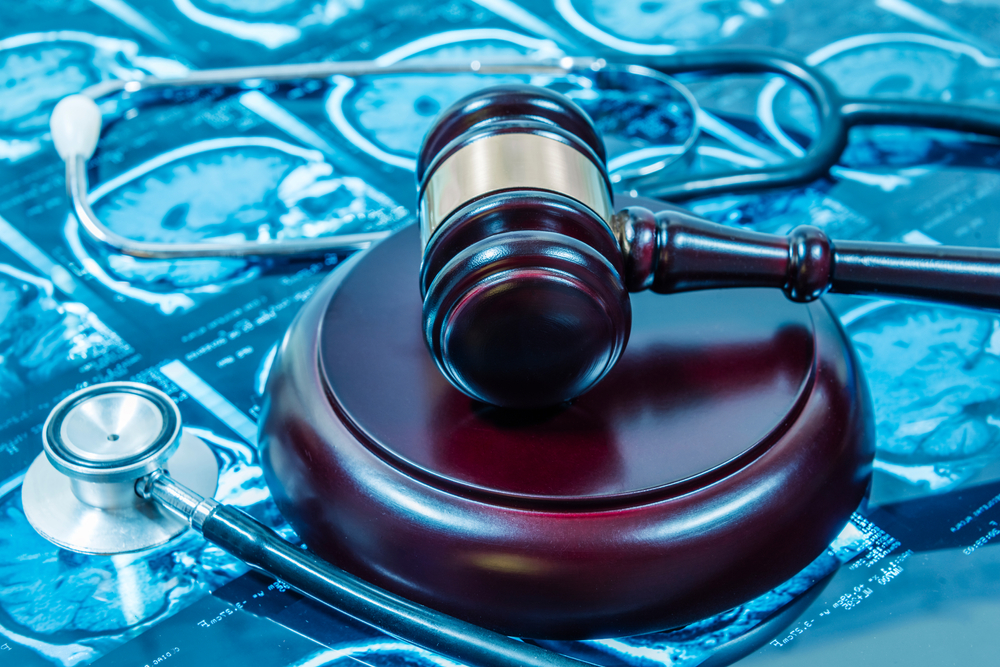
Money awarded usually falls into two categories:
- Compensatory damages: Cover actual losses like medical treatment costs, property damage (for example, a motor vehicle in a car accident), lost wages, and future care needs. They also cover pain, suffering, and emotional distress.
- Punitive damages: Aim to punish the defendant for especially bad behavior—like acting recklessly or with gross negligence—and to discourage others from doing the same. Whether these damages are awarded depends on how severe the wrongdoing was and on state law.
Common Cases Leading to Judgments
Personal injury judgments come from many events where someone acts carelessly or wrongly:
- Car accidents (including trucks and motorcycles) caused by driver distraction or speeding.
- Medical malpractice by doctors or hospitals, often leading to big medical bills and lasting health issues.
- Slip-and-fall accidents on unsafe property.
- Dog bites or defective products causing harm.
- Intentional acts like assault or battery, which also result in personal injury judgments.
Each situation has its own details, which matter later when deciding if bankruptcy can wipe out the debt.
Bankruptcy Basics and How Judgments Fit In
Bankruptcy is a legal process set by federal law in the American Bankruptcy Code (Title 11 of the U.S. Code or usc â ). It’s meant to help people or businesses find relief from too much debt. The primary goal is often giving the person who files (the debtor) a fresh start financially, while addressing the debtor’s financial circumstances and obligations.
Bankruptcy Discharge: Getting a Fresh Start?
A central part of bankruptcy case proceedings is the discharge. A bankruptcy discharge is a court order that frees the debtor from personal responsibility for certain types of debts. Once discharged, the debtor doesn’t owe those debts anymore, and creditors must stop collection efforts.
Certain circumstances—such as who was at fault and the nature of the injury—determine whether the court can eliminate these debts during bankruptcy proceedings.
Not every debt can be discharged, though. The Bankruptcy Code has nondischargeable debts, like student loans, recent tax debt, child support, and debts tied to fraud or certain wrongful acts. Knowing which debts are dischargeable is key before you decide to file.
Chapter 7 vs. Chapter 13 Bankruptcy
Two common kinds of bankruptcy filing for individuals are Chapter 7 and Chapter 13:
- Chapter 7 bankruptcy (liquidation) often involves a bankruptcy trustee selling any non-exempt property the debtor owns to pay creditors. After that, most remaining unsecured debts can be discharged, usually in a few months.
- Chapter 13 bankruptcy uses a repayment plan. The debtor follows a repayment plan and pays creditors over three to five years. This approach helps people with steady income keep certain assets, such as a home or car. At the end of the plan, the court may discharge any qualified debts that remain unpaid—though the debtor must fully pay certain obligations, like priority tax debts and domestic support.
The bankruptcy chapter you choose can affect how the court handles a personal injury judgment, but often, the nature of the injury itself determines whether the debt can be discharged.
Chapter 7 vs. Chapter 13 Bankruptcy Overview
Feature | Chapter 7 (Liquidation) | Chapter 13 (Repayment Plan) |
|---|---|---|
Goal | Quick discharge of eligible debts | Repay debts over 3-5 years |
Assets | Non-exempt debtor’s assets may be sold by trustee | Debtor usually keeps assets while repaying |
Income Requirement | Income below state median or pass “means test” | Requires regular income to fund plan |
Duration | Typically 3-6 months | 3 or 5 years |
Debt Discharge | Discharges most unsecured debts (exceptions apply) | Discharges remaining eligible debts after plan completion (exceptions apply) |
Are Personal Injury Judgment Dischargeable in Bankruptcy? The Big Question
Now to the main point: can bankruptcy erase a personal injury judgment? The answer depends on how the injury happened.
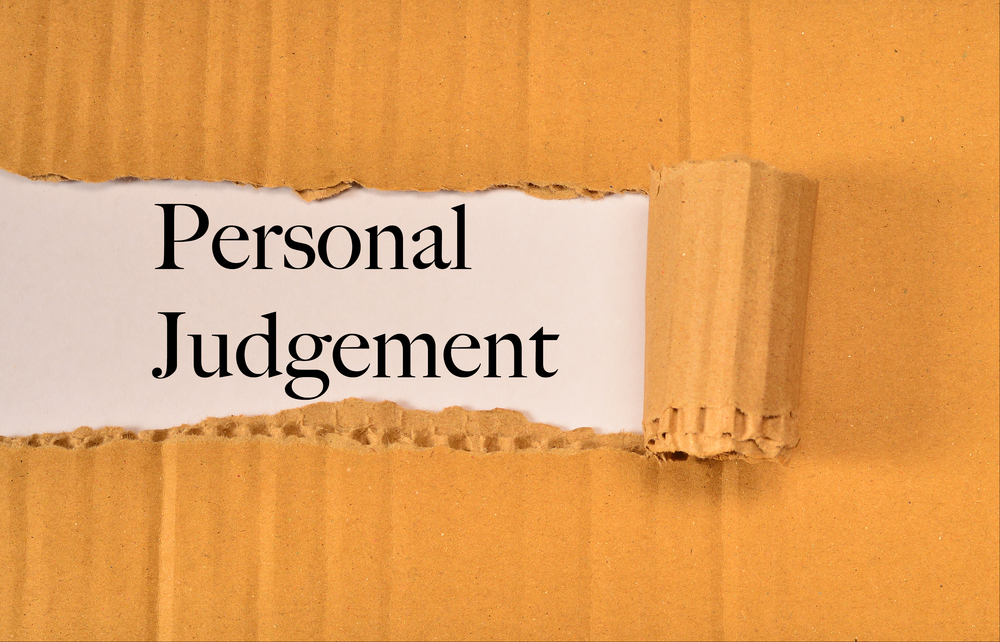
If the defendant declares bankruptcy during a personal injury lawsuit, it can create an automatic stay, halting the lawsuit and potentially limiting the plaintiff’s options for recovery.
The ‘Willful and Malicious’ Exception
This is the key idea. Section 11 U.S.C. § 523(a)(6) in the U.S. Bankruptcy Code says debts for “willful and malicious injury by the debtor to another entity or to the property of another entity” cannot be discharged. This means if the bankruptcy court decides the debtor’s actions were both intentional and sure to cause harm, that debt likely stays after bankruptcy proceedings.
- Willful usually means the act wasn’t an accident. It was done on purpose.
- Malicious means the debtor meant to cause harm or acted with reckless disregard for others’ rights or safety.
Simple negligence—like causing a regular car accident by glancing away from the road—doesn’t meet this standard. If there was no intent to harm, the judgment might be dischargeable. But if someone intentionally hurt another person, the debt is typically non-dischargeable debt.
Attorney Migliaccio’s Perspective: Intent Matters in Bankruptcy
A few years ago, I had a client who owed a big personal injury judgment after a bad accident at work. The injured coworker sued and won a large judgment. My client worried about losing everything. He asked me if filing bankruptcy could help. The key question was whether the injury was an accident or intentional. After reviewing the facts, the court saw no intent to harm—just a mistake. Because it wasn’t deliberate, the debt was discharged in bankruptcy. This showed me how crucial intent is when deciding if someone really can get a fresh start after an injury judgment.
Case Study: Assault Judgment Held Non-Dischargeable in Texas
In Lee v. Weatherford (In re Weatherford), Adv. Proc. 21-03059 (Bankr. N.D. Tex., Jan. 19, 2022), a debtor tried to discharge a state court judgment from a bar fight. The injured party said it shouldn’t be discharged because it was a willful and malicious injury under § 523(a)(6). The court agreed. The debtor’s punch was almost certain to cause harm, and the facts showed he meant to injure. Under the Fifth Circuit’s test, that made it non-dischargeable. This case from Texas shows that intentional torts like assault won’t go away in bankruptcy because the conduct is willful and malicious.
Drunk Driving Judgments
Debts from injuries caused by drunk driving have their own rules. Section 11 U.S.C. § 523(a)(9) makes debts for death or personal injury caused by driving while intoxicated non-dischargeable. There’s no need to prove malice here. If the debtor’s operation of the motor vehicle was illegal because of alcohol or drugs, the debt can’t be wiped out in Chapter 7 or Chapter 13.

If a personal injury judgment comes from a DUI or DWI crash, it’s very unlikely bankruptcy relief will cancel that debt. The defendant remains on the hook.
Drunk Driving Judgments by the Numbers
The strict stance against discharging drunk driving debts, seen in 11 U.S.C. § 523(a)(9), reflects how devastating they are. Beyond the criminal case side, the financial cost is huge. Alcohol-involved crashes led to an estimated $68.9 billion in economic costs in 2019 alone, according to the National Highway Traffic Safety Administration (NHTSA). This figure covers:
- Medical expenses
- Lost productivity
- Legal and court costs
- Emergency services
- Insurance administration
- Property damage
- Workplace losses
These big losses support the public policy behind not allowing drunk drivers to escape these lawsuit judgment debts in bankruptcy.
Feature | § 523(a)(6): Willful & Malicious Injury | § 523(a)(9): Intoxicated Driving Injury |
|---|---|---|
Type of Conduct | Intentional injury (or actions taken with substantial certainty of injury) | Death or personal injury caused by unlawful operation of vehicle/vessel/aircraft while intoxicated |
Intent Required | Subjective intent to cause harm or belief harm is substantially certain | No specific intent to harm required; proof of intoxication + causation of injury/death is key |
Proof Focus | Debtor’s state of mind about the injury; nature of the act | Evidence of intoxication (BAC, drug test); link between drunk driving and injury/death |
Common Examples | Assault, battery, other intentional torts leading to injury | DUI/DWI resulting in injury or wrongful death |
Dischargeability | Non-dischargeable in Chapter 7 & 13 if proven | Non-dischargeable in Chapter 7 & 13 if criteria met |
Punitive Damages
Punitive damages punish the defendant for extreme wrongdoing. If the act that caused the punitive damages award was willful and malicious injury under § 523(a)(6), those damages usually aren’t dischargeable either. Letting a debtor escape these damages would weaken their purpose as punishment.
Bankruptcy courts look at the original reasons for the punitive damages in the personal injury lawsuit. Careful review of the court document and judgment will decide if these damages are tied to intentional harm.
What Happens When the Defendant Files Bankruptcy?
When you win a personal injury judgment and the other party (the debtor) files bankruptcy, several legal steps start right away.
The Automatic Stay: A Pause Button
Once the debtor files a bankruptcy petition or the defendant files for bankruptcy, the court issues an automatic stay that stops most collection efforts, including lawsuits, wage garnishments, and bank levies. This stay gives the debtor breathing room while the court processes the bankruptcy case. If the court later finds the personal injury debt dischargeable, you may lose the ability to collect. However, if the court deems the debt non-dischargeable, you can continue collection efforts after the bankruptcy ends.
Challenging the Discharge: Adversary Proceedings
If you think your personal injury judgment should not be discharged—maybe because it arose from a malicious injury or drunk driving—you must file an adversary proceeding in the bankruptcy court. This is like a mini-lawsuit within the bankruptcy.
- File a complaint detailing why the debt is non-dischargeable.
- Present evidence, which might include the personal injury case records.
- The debtor can defend against your claim.
- The judge then decides if it’s dischargeable or not.
There’s a strict deadline for starting an adversary proceeding. Missing it can block you from ever challenging the discharge, even if you have a strong case. Get advice from a bankruptcy lawyer as soon as you hear the defendant files bankruptcy.
The Bankruptcy Trustee’s Job
In both Chapter 7 and Chapter 13, a bankruptcy trustee is appointed. This trustee:
- Reviews the debtor’s bankruptcy paperwork
- Oversees the debtor’s assets (the “bankruptcy estate”)
- In Chapter 7, may sell non-exempt assets to pay creditors
The debtor’s attorney navigates the bankruptcy process, protects the debtor’s rights, and takes all necessary legal steps.
If your personal injury judgment is non-dischargeable, you might collect from the debtor later. But if the debtor has few debtor’s assets or limited income, even a valid judgment can be hard to collect.
Protecting Your Rights as the Injured Party
When the person who owes you a personal injury judgment files for bankruptcy, it complicates things. But you still have rights.
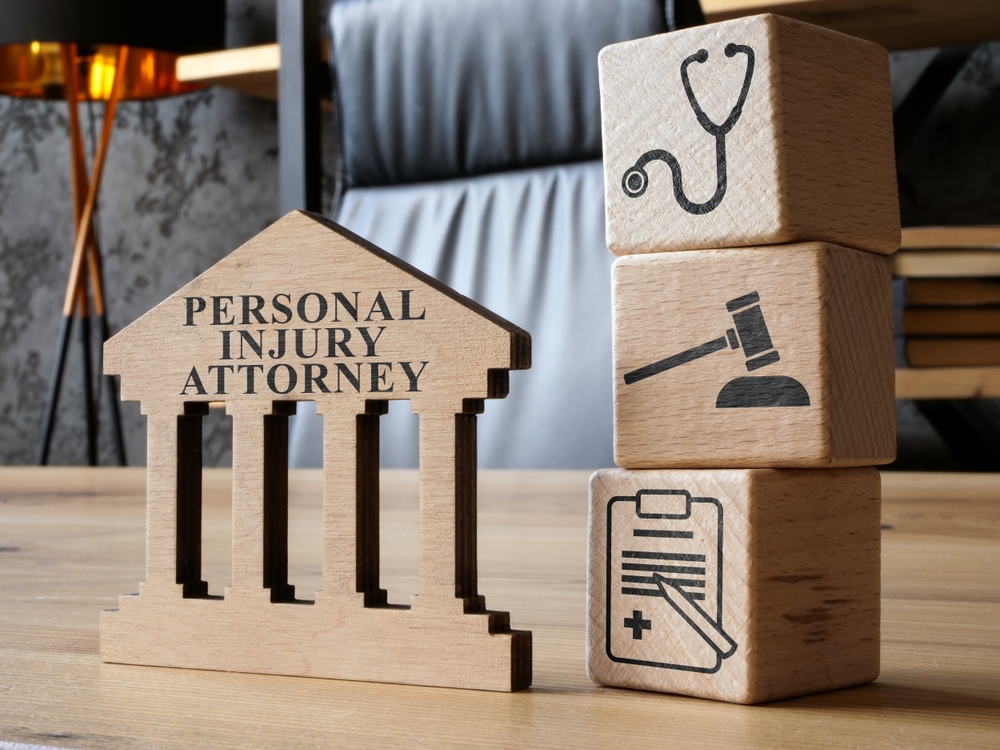
Don’t Go It Alone: Get Legal Help
You’re dealing with a mix of state personal injury law and federal bankruptcy law. Both are complicated, and working with lawyers who know personal injury and bankruptcy is smart. Your personal injury attorney might not handle bankruptcy, so you may need a separate bankruptcy attorney or experienced attorney for the bankruptcy court side. They can:
- File the right papers
- Observe deadlines, like when to file a proof of claim
- Launch an adversary proceeding if needed
- Preserve your right to collect
Many law firms offer a free consultation to discuss the complexities of personal injury and bankruptcy cases.
Filing Your Claim
If there’s a chance you’ll get paid from any debtor’s assets the trustee sells, you need to file a proof of claim on time. This tells the court and trustee how much you’re owed and why. Even if you plan to argue the debt is nondischargeable debts, filing the claim is crucial or you might get nothing from the estate.
Looking Beyond the Debtor
Sometimes, even if the debtor discharges the injury debt (because it involved simple negligence, not intent) or lacks assets, you might still find other ways to recover payment. For example:
- Insurance coverage: The debtor’s auto or homeowner’s policy might still cover the injury.
- Other liable parties: If someone else also caused the injury, you could sue them separately.
A bankruptcy discharge only covers the debtor’s own liability. It doesn’t typically erase an insurance company’s duty to pay valid claims.
If You’re the One Facing the Judgment (The Debtor)
You may have a personal injury judgment against you. If it’s too big to handle, you might be looking at filing bankruptcy. But before you do, learn how that specific judgment might be treated.
Considering Bankruptcy
Bankruptcy can clear many debts, like credit card debt, medical bills, and personal loans. But a personal injury judgment might not go away if it was:
- Willful and malicious
- Caused by drunk driving
- Linked to certain other exceptions
Always tell your bankruptcy lawyer about the judgment. List the judgment creditor in your paperwork. Hiding facts can lead to loss of discharge or even fraud charges. Engaging in bankruptcy fraud, such as filing for bankruptcy to evade paying a legal settlement, is a serious federal offense that can result in significant legal consequences, including fines and imprisonment.
Texas Bankruptcy Exemptions
In bankruptcy, not all your belongings are taken. Texas has state law exemption rules that often protect a homestead and other items. Non-exempt assets can be sold by the Chapter 7 trustee to pay creditors, possibly including a judgment creditor. Knowing which assets you can protect helps you decide if Chapter 7 or Chapter 13 is best for you.
The Importance of Legal Counsel
If a large personal injury judgment is pushing you toward bankruptcy, get help from a knowledgeable lawyer who understands type of bankruptcy options. They can:
- Look at the judgment’s details
- Judge if it’s likely dischargeable
- Suggest the best chapter for you
- Explain how a repayment plan might manage some or all of your debts
Handling it alone is risky. Good legal advice can guide you through the bankruptcy courts and help with the decision-making, especially for married couples and joint assets. It can also help you navigate the legal proceedings in bankruptcy courts and ensure you make informed decisions.
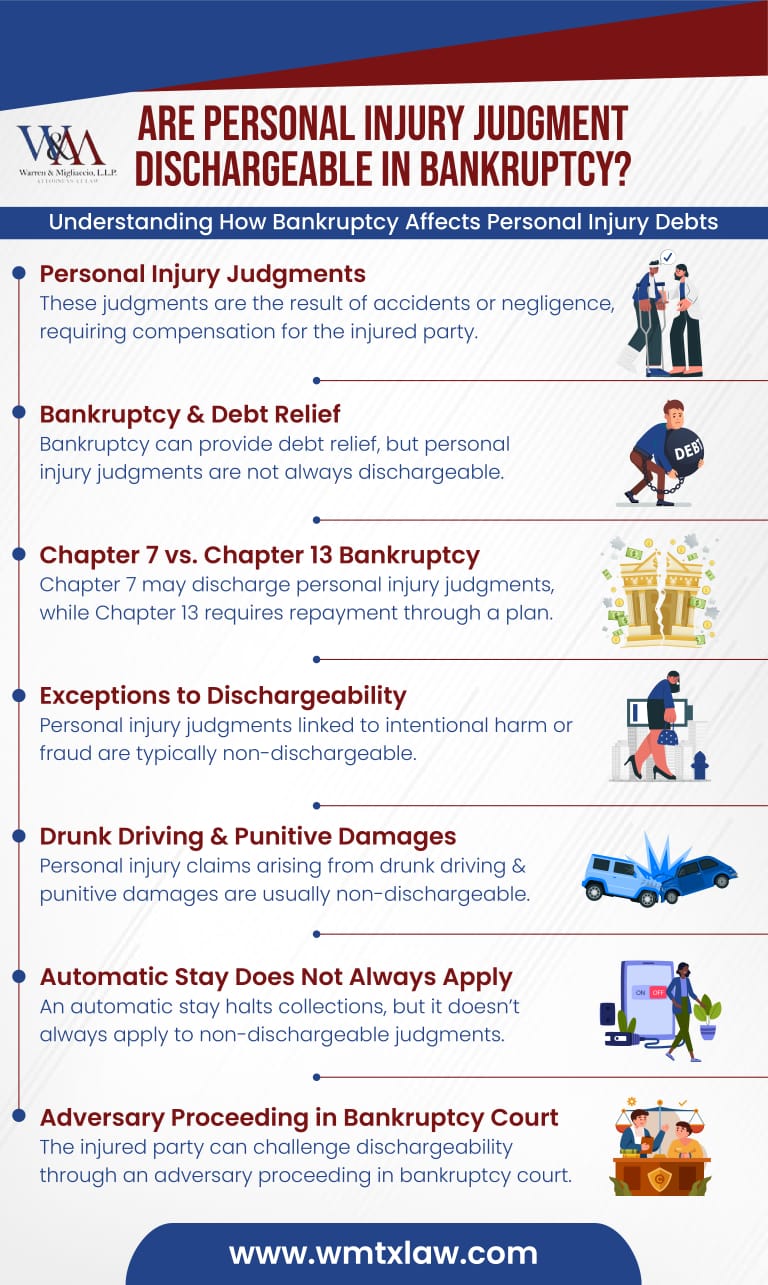
Frequently Asked Questions
Dischargeability Basics
Are personal injury judgments dischargeable in bankruptcy?
It depends. Personal injury judgments based only on simple negligence (like a typical car accident) are generally dischargeable in bankruptcy. However, judgments resulting from “willful and malicious injury” or from injuries caused while driving intoxicated (DUI/DWI) are typically not dischargeable under federal bankruptcy law.
What does “willful and malicious injury” mean in bankruptcy?
This is a specific legal standard under 11 U.S.C. § 523(a)(6). “Willful” means the act causing injury was deliberate or intentional. “Malicious” means it was done with the intent to cause harm, or with conscious disregard for the safety and rights of others, knowing harm was likely. It requires more than carelessness or negligence; examples often include assault or intentional destruction of property.
Are personal injury judgments from drunk driving dischargeable?
No. The U.S. Bankruptcy Code specifically prevents the discharge of debts for death or personal injury caused by operating a motor vehicle, vessel, or aircraft while legally intoxicated from alcohol, drugs, or other substances (11 U.S.C. § 523(a)(9)). This applies in both Chapter 7 and Chapter 13 bankruptcy, and the debt remains even after bankruptcy.
When the Defendant Files Bankruptcy
What happens if the person I sued for personal injury files bankruptcy?
An “automatic stay” immediately goes into effect, halting your lawsuit and any collection efforts against the person (the debtor). You must file a “proof of claim” with the bankruptcy court to assert your right to payment.
What is an adversary proceeding?
An adversary proceeding is a formal lawsuit filed within the main bankruptcy case. As a creditor with a personal injury judgment, you would file one to ask the bankruptcy judge to rule that your specific debt is non-dischargeable under the Bankruptcy Code’s exceptions (like § 523(a)(6) for willful/malicious injury or § 523(a)(9) for DUI). Missing the deadline to file can permanently prevent you from challenging the discharge.
Can I still collect from the defendant’s insurance if they file bankruptcy?
Generally, yes. While the bankruptcy discharge eliminates the debtor’s personal liability for dischargeable debts, it usually doesn’t eliminate the liability of their insurance company. You may need to get permission from the bankruptcy court (by “lifting the stay”) to continue your claim specifically against the insurance policy proceeds.
Damages, Collections & Legal Help
Are punitive damages from a personal injury case dischargeable?
Punitive damages typically follow the underlying judgment. If the compensatory damages are non-dischargeable because the injury was willful and malicious or caused by drunk driving, the associated punitive damages are usually also non-dischargeable. If the judgment was based only on negligence, any related punitive damages might be dischargeable.
Do I need a bankruptcy lawyer if a personal injury judgment is involved?
Yes, consulting with an experienced bankruptcy attorney is highly recommended, whether you are the creditor or the debtor. Bankruptcy law is complex and has specific rules and deadlines, especially regarding non-dischargeable debts and adversary proceedings. A bankruptcy lawyer can protect your rights and guide you through the process, coordinating with any personal injury counsel involved.
Conclusion
Figuring out are personal injury judgment dischargeable is complex. While bankruptcy can be a lifeline for many debts, judgments from intentional harmful actions (willful and malicious injury) or intoxicated driving usually can’t be wiped out. The bar for “willful and malicious” is high, but if your actions meet that standard, the debt will likely survive any bankruptcy discharge.
Whether you’re owed a personal injury judgment by someone who has filed bankruptcy, or you’re the debtor considering bankruptcy filing to deal with a personal injury debt, it’s vital to see how these federal rules apply. Every case depends on the specific facts and events leading to the personal injury claims.
If you’re feeling uncertain about whether a personal injury judgment can be discharged in your situation, you’re not alone—and you don’t have to figure it out on your own. Our experienced bankruptcy attorneys understand how personal injury and bankruptcy laws overlap, and we’re here to help you make sense of it all. We’ll walk through your case with you, talk through your options, and help you move forward with confidence. Call us at (888) 584-9614 or contact us online to set up a consultation when you’re ready.
